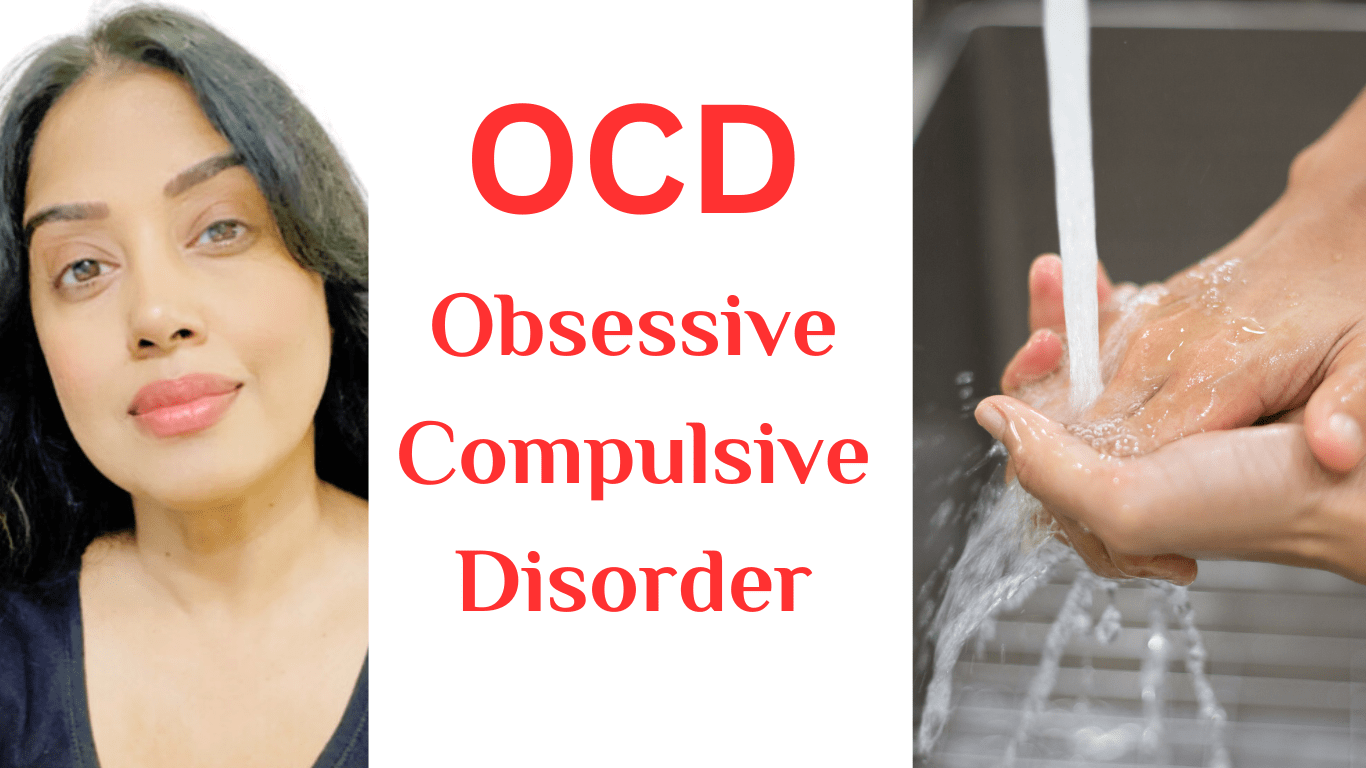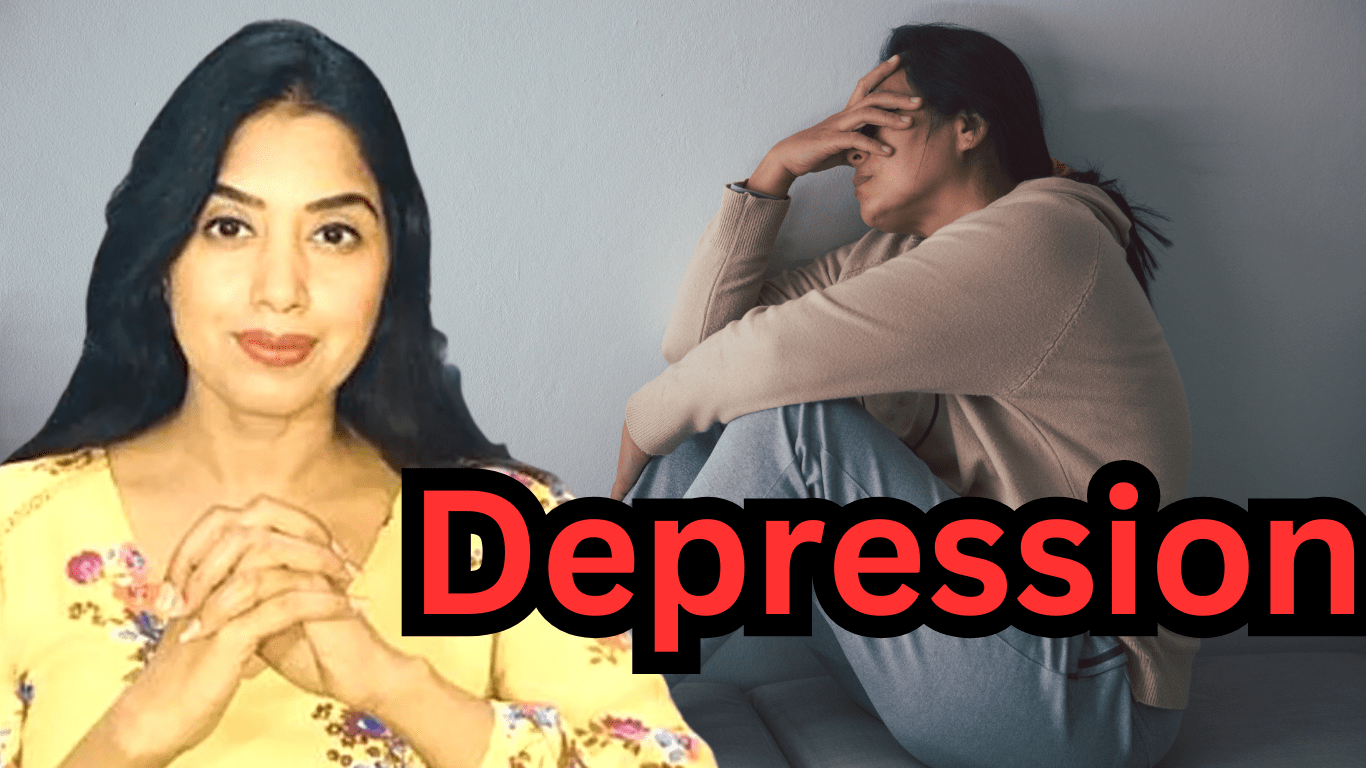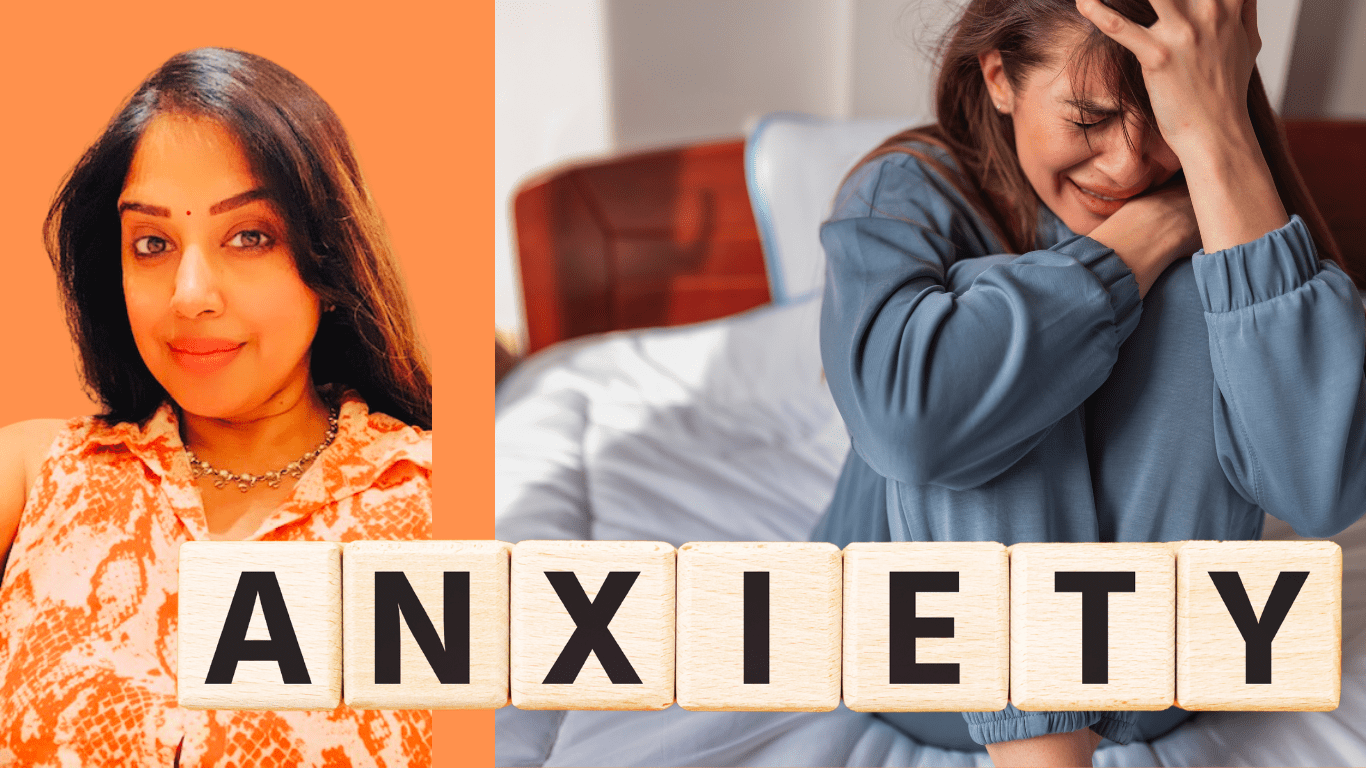OCD (Obsessive Compulsive Disorder)

OCD stands for Obsessive-Compulsive Disorder, which is a mental health condition characterized by a pattern of intrusive, unwanted, and distressing thoughts, images, or urges (obsessions) and repetitive behaviors or mental acts (compulsions) that individuals feel compelled to perform in response to the obsessions. OCD can significantly interfere with a person’s daily life and functioning.
Here are some key features of OCD:
- Obsessions: These are persistent, distressing, and intrusive thoughts, images, or urges cause anxiety or discomfort. Common obsessions include fears of contamination, fears of harming oneself or others, worries about symmetry or order, and unwanted taboo thoughts.
- Compulsions: Compulsions are repetitive behaviors or mental acts that individuals feel driven to perform in response to their obsessions to reduce anxiety or prevent a feared outcome. Common compulsions include excessive handwashing, checking, counting, arranging items in a specific way, or repeating certain phrases.
- Distress and Impairment: OCD causes significant distress and interference in daily life. People with OCD often spend a lot of time engaging in compulsions or ruminating on their obsessions, which can disrupt their relationships, work, and overall quality of life.
- Insight: Some individuals with OCD have good insight into their condition and recognize that their obsessions and compulsions are irrational. Others may believe their obsessions are true or have doubts about their validity.
- Onset: OCD typically begins in childhood or adolescence but can also develop in adulthood. It tends to be a chronic condition if left untreated, although symptoms can wax and wane over time.
- Treatment: OCD is treatable, and several effective treatments are available. The most common treatments include cognitive-behavioral therapy (CBT) with exposure and response prevention (ERP) techniques and medication, often selective serotonin reuptake inhibitors (SSRIs). A combination of therapy and medication is often recommended for severe cases.
It’s essential to seek help from a mental health professional if you or someone you know is experiencing symptoms of OCD. A qualified therapist can provide a proper diagnosis and develop a treatment plan tailored to the individual’s needs. Early intervention and treatment can significantly improve the quality of life for individuals with OCD.



